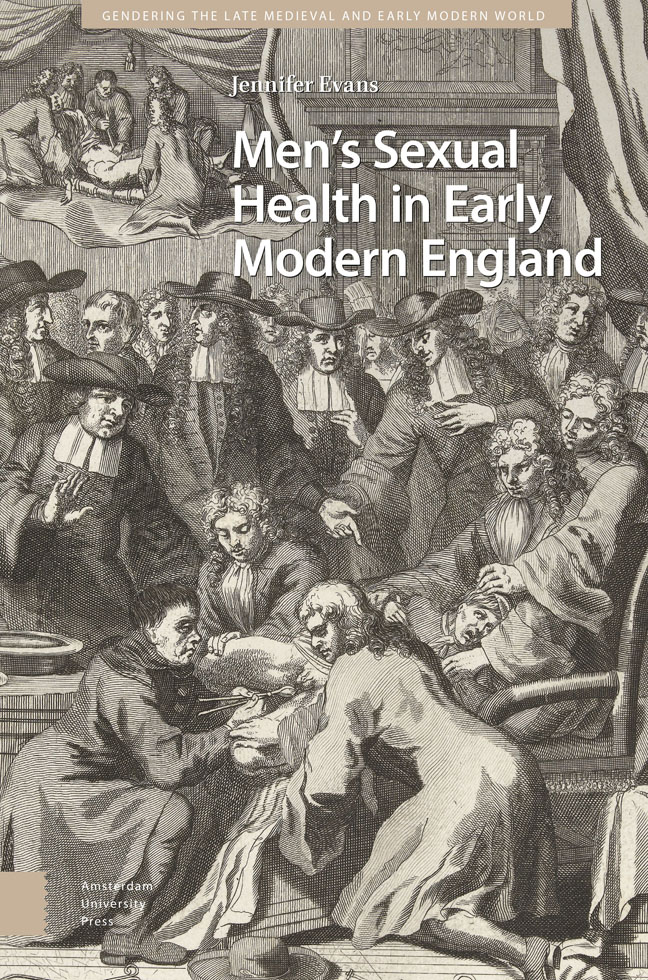3 - Old Lechers: Ageing Bodies and Manhood in Decline
Published online by Cambridge University Press: 20 February 2024
Summary
Abstract: Chapter Three follows men into old age when men's potency was supposed to decline and their fertility slowly diminished. The chapter explores the disparity between print and popular culture that derided elderly men for attempting to artificially sustain their sexual prowess and the complex lived reality of sexual health impeded by illness and ageing. It shows that medical practitioners met their clients’ needs without appearing derisive, even though medical writers were careful to note that many older men endured lengthy treatments to no avail. The chapter also considers older men's lived experience of incontinence and leakiness. Although leaky bodies in this era were sometimes moralized, in older men these symptoms were not framed as failures of men's self-regulation or restraint.
Keywords: old age; incontinence; urine; men's bodies; potency; sexual ability
As men aged the expectations placed on their bodies shifted. Keith Thomas suggested in the 1970s that the picture of old age presented in early modern literature was pessimistic, and that stratification by age increased throughout the period. Yet this generalization does not accurately capture the cultural landscape of the era. Rather, there were clear distinctions drawn between green old age and decrepitude, with the negative depictions of ageing being reserved for those in decrepit old age. Men in their fifties retained their positions in society and were, along with men in their forties, those who ruled. Decrepit old age was configured as the last stage of life and a time to prepare for death to come. Men and women were encouraged to lead a sober and godly life when young as this would ease ageing and its associated ills. Throughout the period medical writers questioned the extent to which ageing could be considered an illness in its own right. Concurrently, knowledge about the ageing body and its ailments grew faster than effective therapeutic responses. Old men were simultaneously thought to be wise but also slipping towards dotage, gullibility, and a loss of rational thought. As men's vital heat declined their bodies decayed, they shrunk in stature, their sight and hearing might diminish, their strength decreased, and their hair might fall out or turn grey. Ageing imprinted itself on the visible body and shaped the expectations placed on older men, who were acknowledged to only retain power and authority if in possession of wealth and status.
- Type
- Chapter
- Information
- Men's Sexual Health in Early Modern England , pp. 89 - 118Publisher: Amsterdam University PressPrint publication year: 2023



